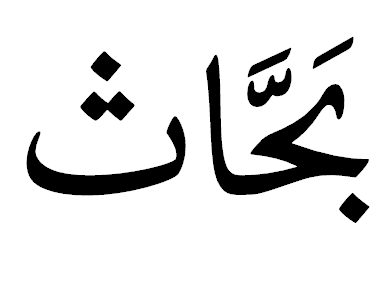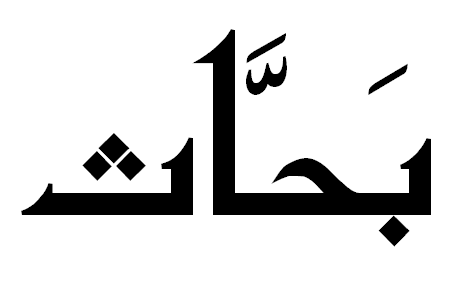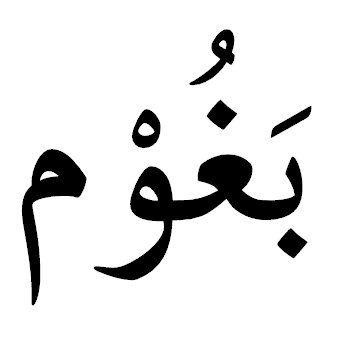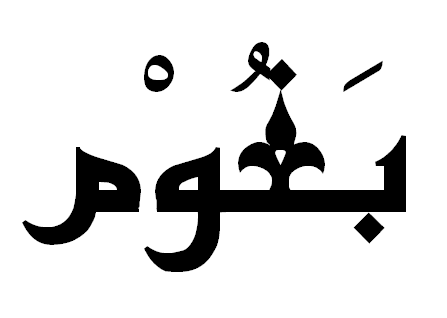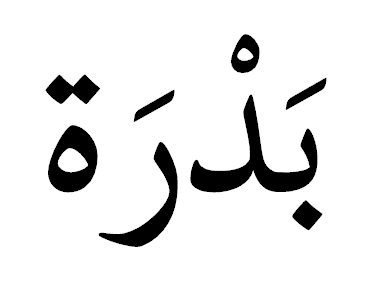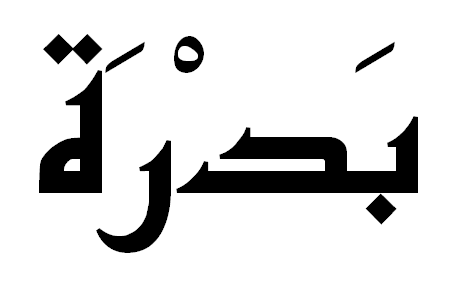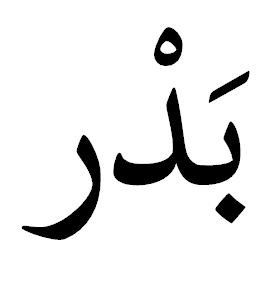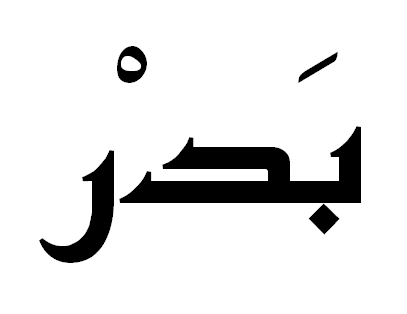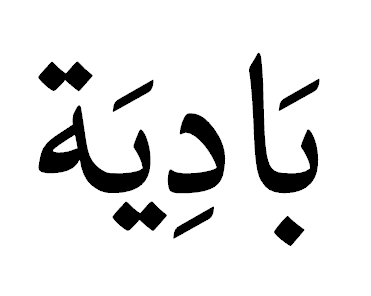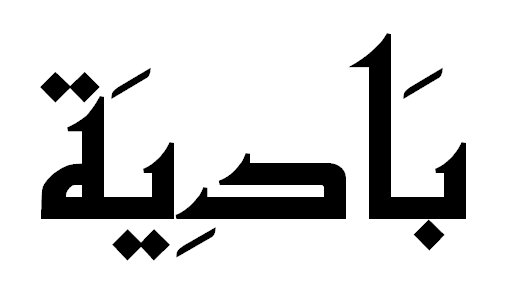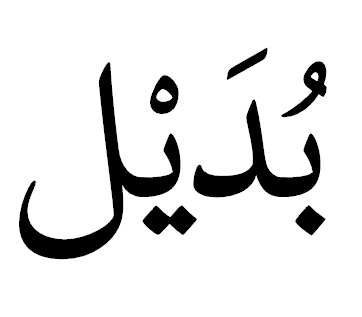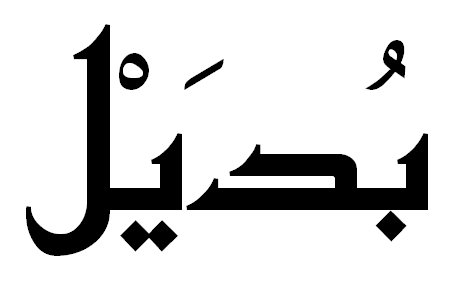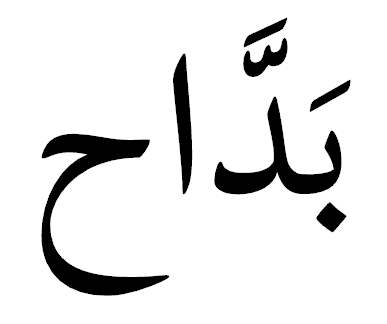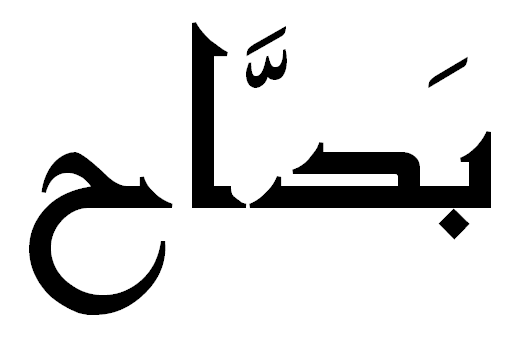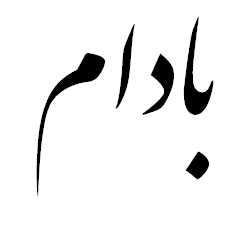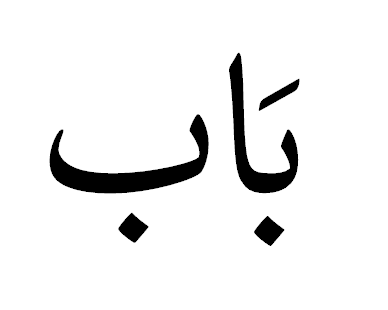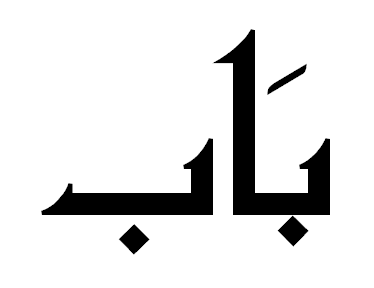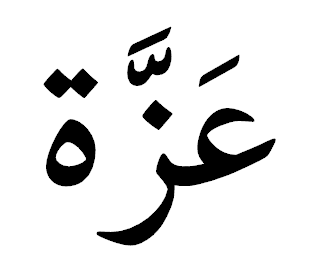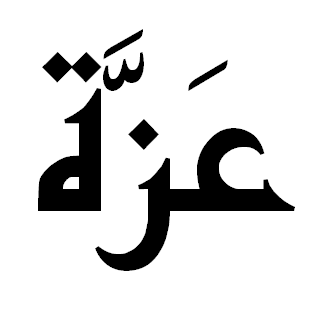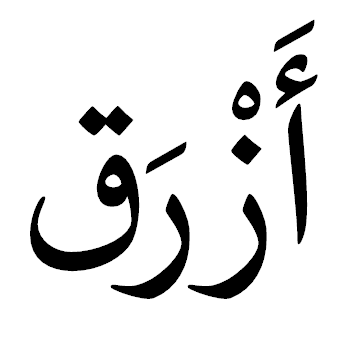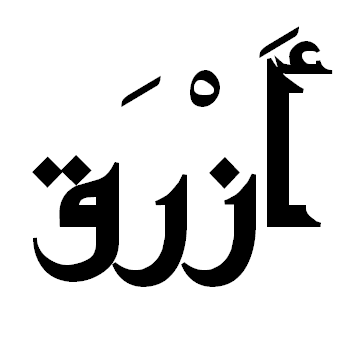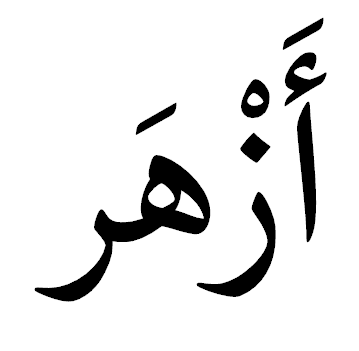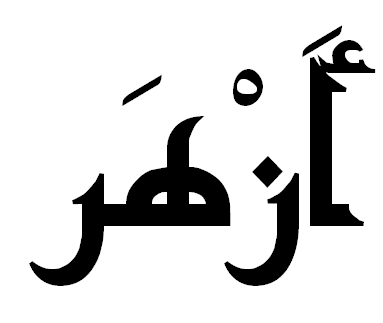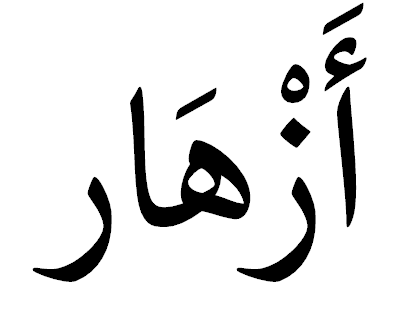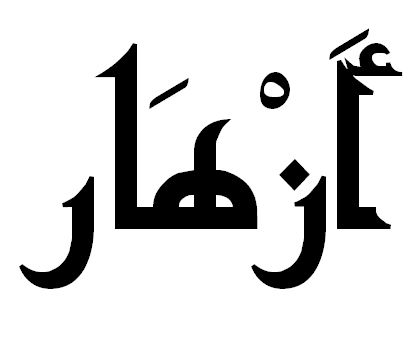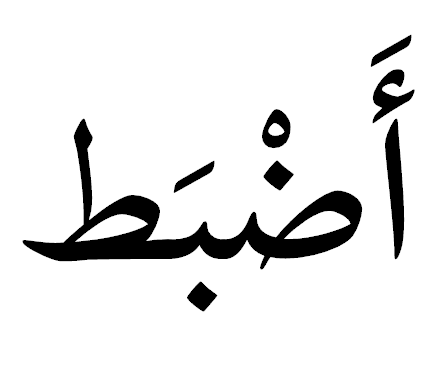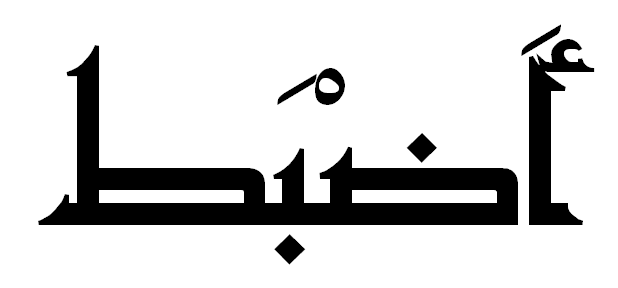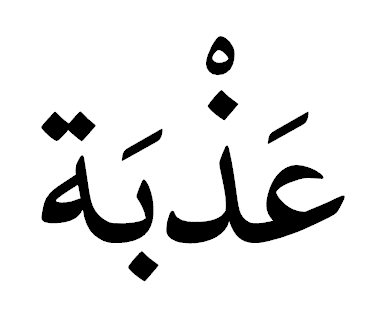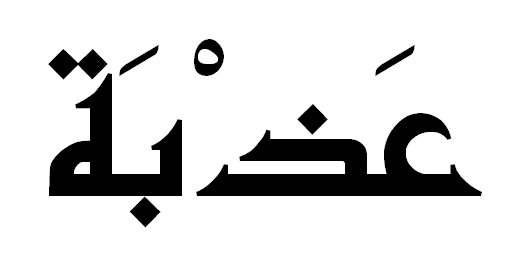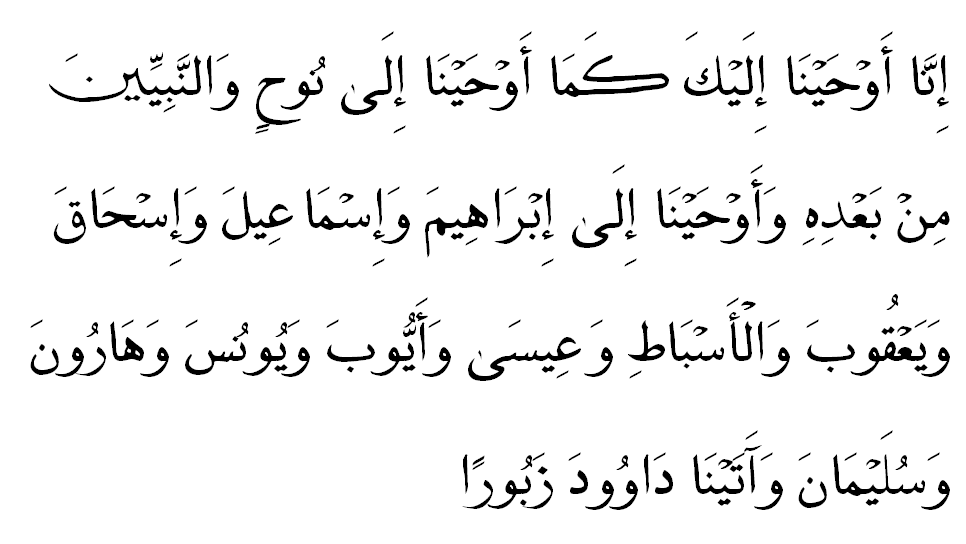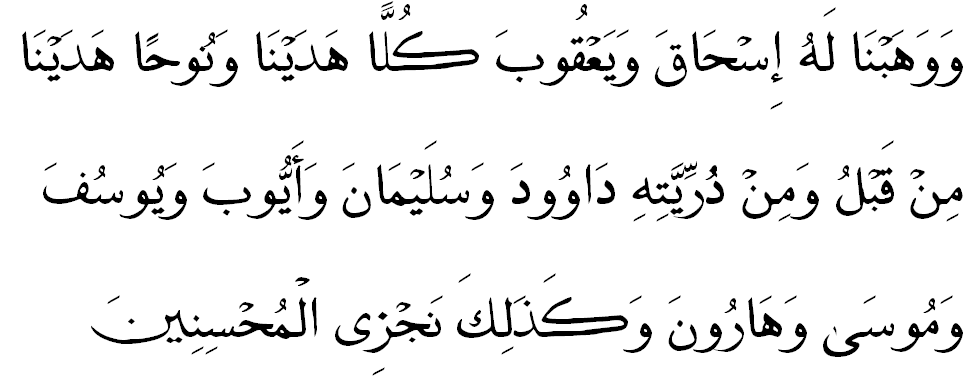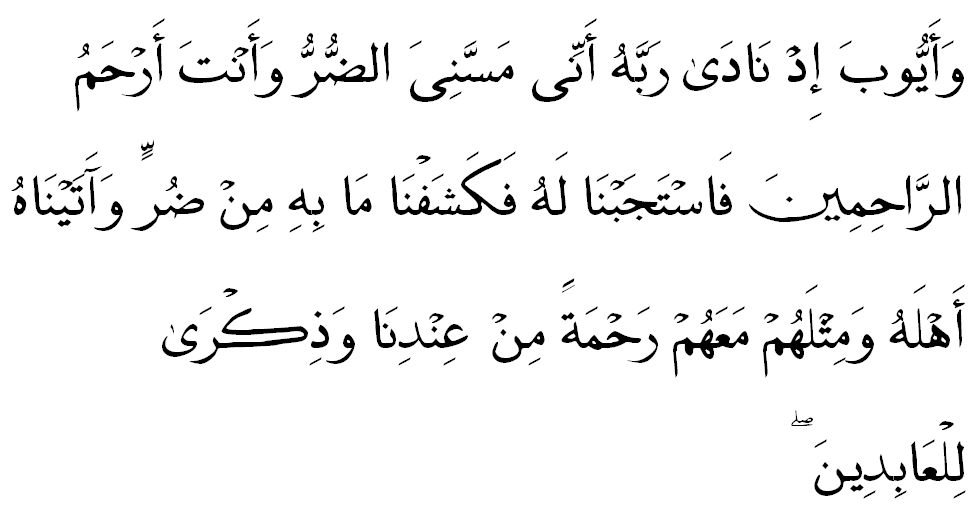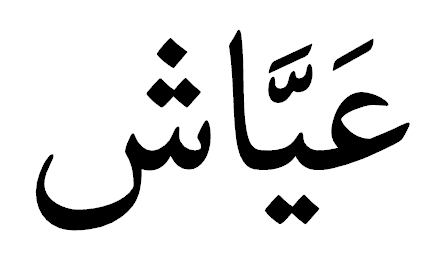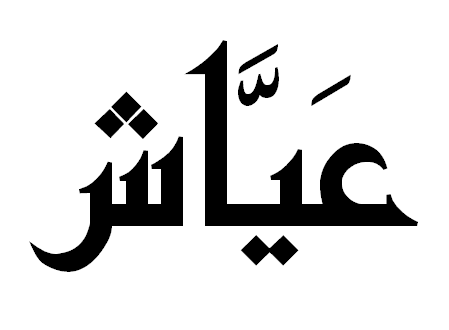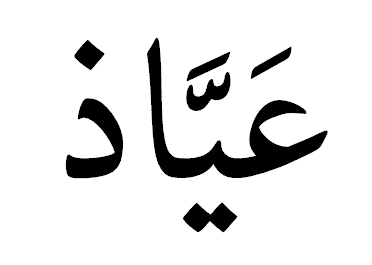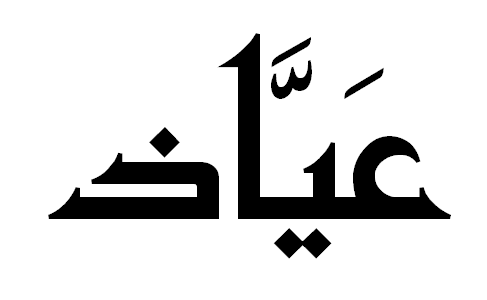What do I say to people who claim Muhammad commanded us in the Quran to kill?
I suppose you refer to claims about Islam being a violent religion. It depends on the type of person. There are two kinds of people who might say negative things about Islam or the Prophet PBUH. A small number of them are honest and decent people who really think what they say is true. You can respond to such people by referring them to a good biography of the Prophet Muhammad, such as Muhammad: A Prophet for Our Time by Karen Armstrong or In the Footsteps of the Prophet by Tariq Ramadan. Or, even better, you can educate yourself by reading many books so that you can intelligently discuss the issues those people bring up.
The larger group of people who mention negative facts about Islam are those who for whatever reason have a deep dislike and prejudice against Muslims and Islam and who like to mention falsehoods and half-truths in order to propagandize against Islam. It is generally useless to talk to such people. Even if you refute everything they say and defeat them in argument, the next day you will find them repeating the exact same falsehoods again. They cannot be educated or swayed by reasoned argument. It is their hatred that drives them, the criticisms they mention are merely tools they use for propaganda purposes.
The only reason one may respond to anti-Islam propagandists is if there are honest and fair-minded people present who may be swayed by the propaganda. In such a case you should politely point out the falsehoods without expecting to convince the propagandists themselves. The aim of the propagandists is to show Islam and Muslims in a negative light, and if you lose your temper and behave rudely toward them that will only help them prove their point.
When you see someone criticize Islam, your first thought should be to ask yourself whether this person is being honest or whether they are merely expressing hatred and prejudice. If they are honest and decent people, you can talk to them. But most of those who criticize Islam are in the second category and are not worth bothering about, they should be ignored as the Quran recommends in various places:
So turn away from them, and wait. They too are waiting.1
So avoid him who has turned away from Our remembrance, and desires nothing but the present life.2
Be tolerant, and command decency, and turn away from the ignorant.3
It is a sign of the lack of knowledge and immaturity when a Muslim loses his or her temper with someone who criticizes Islam. Leave Islam’s detractors alone and do something productive with your time.
